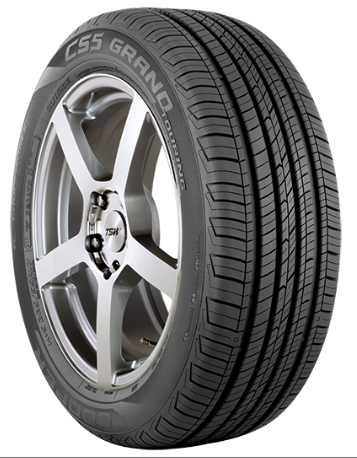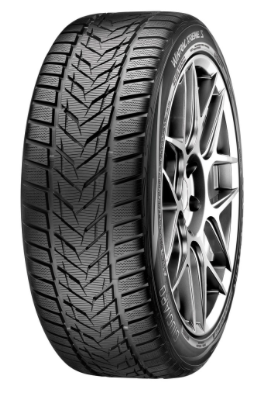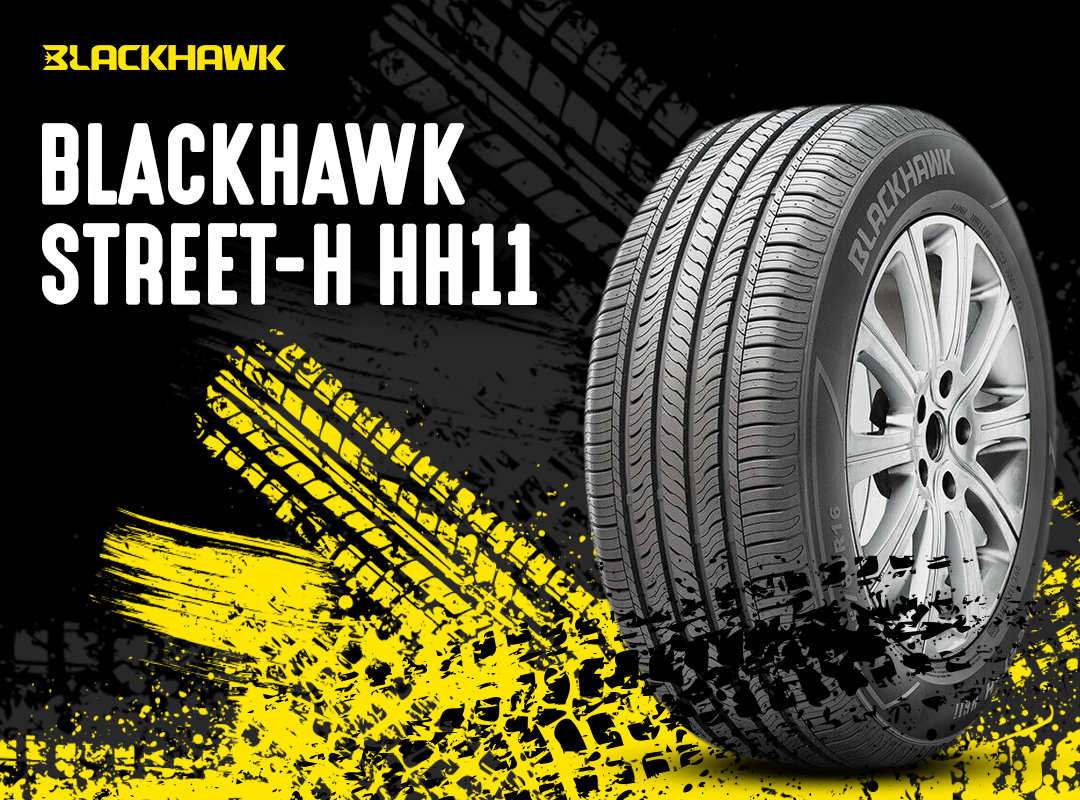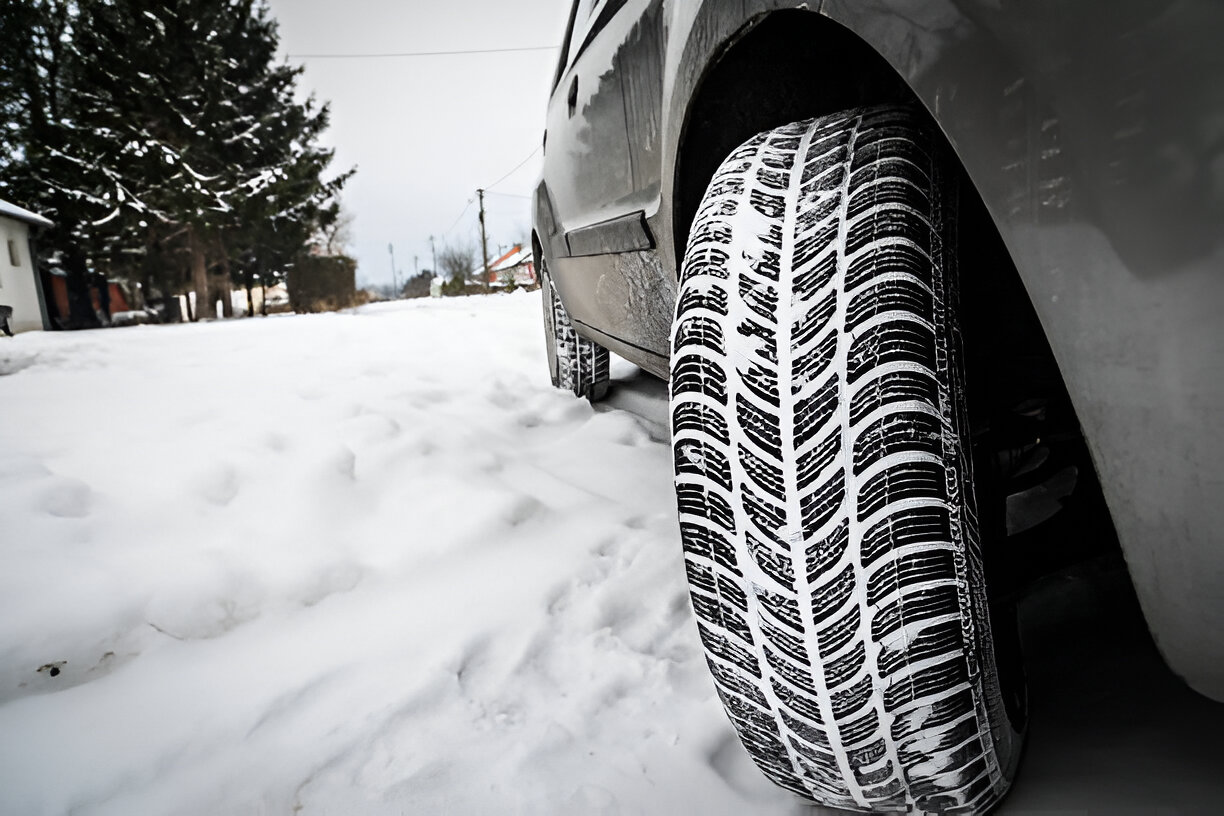Last Updated on July 30, 2025
Understanding Tire Types: Winter Tires vs All-season Tires
Tires are pivotal in your vehicle’s performance, safety, and fuel efficiency. Your tire type can significantly impact how your car handles different road conditions. Understanding their differences is crucial, with winter and all-season tires being the most common selections.
A sunny day in early fall may seem like a strange time to think about winter tires, but if you need new tires soon, there are a few considerations. The main concern, of course, is the climate in your area. Even if you don’t get much precipitation but experience cold temperatures regularly, winter tires vs. all-season tires could be the better option.
The many choices can be overwhelming when equipping your vehicle with the right tires. Among the most debated options are winter tires and all-season tires.
So, which one is right for you? This article will help you understand the difference between winter and all-season tires and help you make a more informed tire purchase this fall. Let’s dive deep and explore.
What are All-season Tires?
The main attributes of the typical all-season tire are long tread life, good wet and dry road traction, and a quiet, comfortable ride. All-season tires are the most popular choice in North America for passenger cars, SUVs, and light trucks. If you live in a climate with mild temperatures and rarely encounter snow and ice, one set of good all-season tires can serve you well year-round.
- All-season tires feature a harder tread compound than the tread rubber used in a winter tire. This is because the rubber has to last longer and grip at a larger temperature range. All-season tires are designed for climates that rarely have temperatures below freezing. In fact, below 42 degrees Fahrenheit (6 degrees Celsius), the rubber in all-season tires starts to harden. The tires continue to work OK at these lower temperatures, but not with the traction level of dedicated winter tires.
- The Cooper Tire CS5 Grand Touring tire is an excellent example of a true all-season tire. Looking closely at the tread, you see a mix of open channels and small grooves cut in the tread blocks. The available tread channels and the small thin grooves, also called sipes, allow water to evacuate quickly from under the tire in the rain. The sipes are like an extra biting edge for the tire to grip the road surface.
- At any instant, dozens of grooves and tread sipes are in contact with the road. This is a key feature in all-season tires to provide the traction you expect to have in heavy rain and light ice & snow without trading off tread life or dry road handling.
Winter Tires vs. All-season Tires
- The Vredestein Wintrac Xtreme S tire is a typical winter tire with these features. Winter and all-season tires usually feature wider circumferential grooves separating rows of heavily siped tread blocks like this Vredestein tire. This tread pattern puts the most rubber in contact with the road to ensure the most biting edges per square inch.
- The sipes in winter tires vs. all-season tires are zig-zagged instead of straight. This allows the biting edge to be longer. Also, the interlocking nature of zig-zag sipes maintains the tread block’s integrity and stiffness, which is particularly important for safe winter driving. In addition to sipes, some winter tires are designed to take studs. When metal studs are installed in the molded holes in the tread, the tire has even more traction on snow-covered roads and ice.
- Another noticeable attribute of winter tires is softer tread rubber than all-season tires. At room temperature, you can squeeze the tread block and easily flex the rubber between your thumb and finger. In addition to more flex in mild temperatures, the rubber has a lower “glass transition” point. This means that the rubber stays soft at temperatures well below freezing. The advantage is more traction on cold, dry roads. The trade-off is less tread-life if the tire is used in warm weather for extended periods.
Winter Tires vs All-season Tires
| DIFFERENCE | Winter Tires | All-Season Tires |
| Design | Winter tires are crafted with a special rubber compound that remains flexible even in extremely cold temperatures, ensuring optimal grip on icy roads. | All-season tires are designed to handle various road conditions, from dry summer roads to wet and mildly snowy conditions. |
| Tread Patterns | They feature deeper and more intricate tread patterns designed to tackle snow and slush, ensuring maximum traction. | They have moderate tread depths, which balance grip and longevity. |
| Best Used For | Winter tires are your best bet if you reside in an area with heavy snowfall or icy conditions. They offer superior grip, reduced skidding, and better braking. | All-season tires can be a viable choice if you live in an area with mild winters and don’t experience heavy snowfall. They offer a good balance for regions with moderate climate variations. |
Conclusion
Your choice between winter and all-season tires ultimately depends on your region’s climate and driving needs. If safety in heavy winter conditions is a priority, winter tires are necessary. However, all-season tires can be excellent if you want a balance and live in a moderately temperate area.
Not sure which tire is right for your vehicle?
Explore a wide range of both winter and all-season tires on Tires Easy. Make an informed decision and ensure your vehicle is ready for every road ahead. Shop now and drive with confidence with Tires Easy.
Where to buy?
Many tire dealers and mass merchants will sell you what they have in stock or advise you on the right tire for your vehicle based purely on their price or profit. Alternatively, you can shop online, set your budget, and have the tires that best meet your criteria shipped directly to your home or tire installer. Armed with some basic information, more and more people are recognizing the convenience and cost savings of tire shopping online.
Tires Easy makes it easy with prices and photos of hundreds of all-season and winter tires to pick from. You can use the tire selector tool and read the product descriptions to decide for yourself or call our customer service at 1-855-978-6789 for assistance. We are open from 5:00 AM to 5:00 PM PST, Monday to Friday, to help you find the right tire for your vehicle according to your climate, budget, car, and driving style.
FAQs
Should you get winter tires or all-season?
Choosing winter and all-season tires depends on your region’s climate and driving needs. Winter tires are recommended for enhanced safety if you live in an area with heavy snowfall and icy conditions. However, all-season tires can provide adequate performance year-round if you experience milder winters with little to no snow.
Is it OK to drive winter tires in the summer?
Driving winter tires in the summer is not recommended. Winter tires are made with a softer rubber compound designed for cold temperatures. In warmer conditions, this soft compound can wear out faster, reduce fuel efficiency, and result in longer stopping distances.
When should you use winter tires?
Winter tires should be used in colder months when temperatures consistently drop below 45°F (7°C). They provide optimal performance in snowy, icy, and cold conditions, ensuring better grip and safety.
Are winter tires good in the rain?
Yes, winter tires typically perform well in wet conditions because of their deep tread patterns, which help channel away water and reduce the risk of hydroplaning. However, they are primarily designed for cold conditions, and performance-oriented rain tires might still outperform them in heavy rain.
-
Automotive Specialist
-
Proofreader
-
Writer











